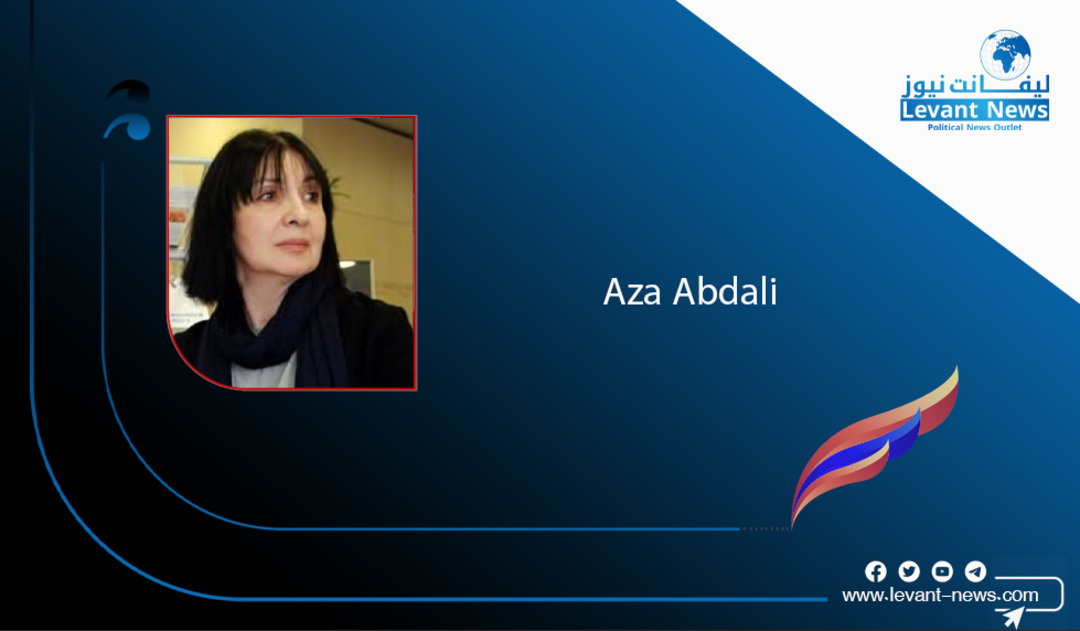-
The well-known Kurdish journalist Aza Avdalí

Recently, a deep and impactful article was published on Kurdistan.Ru by the Kurdish-Russian writer and journalist Aza Avdalí, in which she addressed the topics of spirituality and double standards in the contemporary world, starting from a study that ranked Iran among the most "spiritual" countries in the world.
The author raises a painful and honest question:
How can a country that daily practices executions against Kurds, persecutes women, and stifles freedom of thought be considered a model of spirituality?
She does not speak with slogans but presents real-life examples and irrefutable facts that reveal the stark contradiction between the image and reality.
We all remember the tragedy of Jina (Mahsa Amini), whose tragic death became a symbol of the struggle for human dignity.
We also recall the bombing of Erbil, the assassination of Kurdish leaders Abdulrahman Ghassemlou and Sadeq Sharafkandi, and the Iranian prisons overcrowded with innocent Kurdish detainees.
All these incidents are not isolated events but parts of a long series of persecution that the world ignores under false slogans of "spirituality" and "religious unity."
However, as Aza Avdalí states, despite all these wounds, the Kurds continue to be advocates of peace and mutual respect with other peoples.
This moral and political maturity distinguishes them from regimes that hide behind false moral banners to justify their tyranny.
What is most striking in the article is its poignant conclusion:
Today, Kurds do not want to die for the Mêhabad flag, but they want to live to protect it, serve it with dignity, maturity, and political awareness.
This sentence encapsulates the philosophy of the current Kurdish phase—a philosophy based on wisdom, realism, and the preservation of national dignity.
The voice of Aza Avdalí is the voice of conscience, sincerity, and true spirituality.
Her article is not just a journalistic text but an ethical cry against hypocrisy, silence, and collusion.
Livanat: Dr. Radwan Badini
You May Also Like
Popular Posts
Caricature
opinion
Report
ads
Newsletter
Subscribe to our mailing list to get the new updates!




















